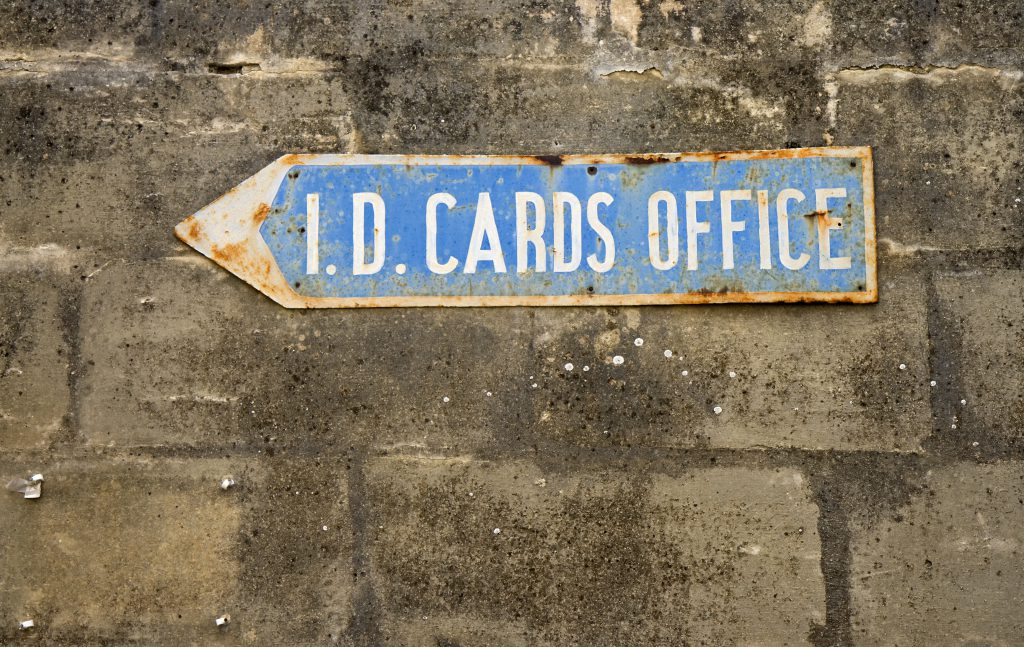A crisis of trust and security

The unfolding scandal involving thousands of Maltese identity cards has cast a dark shadow over the country’s reputation, both within the European Union and beyond. What began as a series of rumours and isolated incidents has now blossomed into a full-blown crisis, with far-reaching implications for Malta’s national security, international standing, and the trust of its citizens in their government’s ability to protect their most basic rights.
This scandal goes beyond the mere issuance of fraudulent documents. It strikes at the heart of Malta’s credibility as a member of the European Union. The Maltese identity card, once a symbol of trust and security, has now become a potential liability. There are already disturbing reports of Maltese nationals being refused entry abroad, particularly in the EU, due to suspicions surrounding the authenticity of their ID cards. This development is not just an inconvenience; it is a clear signal that other EU member states may be losing confidence in Malta’s ability to maintain the integrity of its identity system.
The timing of the Maltese embassy in Italy’s travel advice, urging Maltese citizens to carry their passports instead of relying solely on their ID cards, only adds to the concern. While the embassy attributes this advisory to an increase in pickpocketing, the timing raises serious questions. Is this really about pickpocketing, or is it an implicit acknowledgment of the growing mistrust in Maltese identity documents? The lack of transparency from the authorities only fuels speculation.
A magisterial inquiry has been launched, but only at the insistence of former PN MP Jason Azzopardi. This is shocking, given the scale of the alleged racket, which reportedly involves up to 18,000 fraudulent ID cards. Where are the regulators? Where is the government’s sense of urgency? The passivity of the authorities suggests either gross incompetence or a wilful attempt to downplay the seriousness of the situation. Neither scenario inspires confidence.
The implications of this scandal are profound. How can Maltese citizens be assured that their identities have not been compromised? The mere thought that a complete stranger could be registered at one’s address, or that one’s identity could be duplicated, is terrifying. The potential for abuse is immense, and the silence from those in power is deafening.
Security concerns are paramount. The ID card is not just a piece of plastic; it is a gateway to a myriad of rights and privileges, including free movement within the EU. If the integrity of this system is compromised, so too is the security of the entire Schengen Area. The potential for criminals, or even terrorists, to exploit this racket is a terrifying prospect that cannot be ignored.
The least the Maltese public deserves is clarity and decisive action from their leaders. The government must come forward and set the record straight. This is not just about accountability; it is about restoring trust in the system and ensuring the safety and security of all Maltese citizens.
Unfortunately, the handling of this case thus far, characterized by a lack of transparency and a reluctance to confront the issue head-on, does not inspire confidence. The government’s inaction is not only jeopardizing the reputation of the Maltese identity card system but also undermining the trust of the people in their elected representatives.
This scandal must be a wake-up call. The time for silence and half-measures is over. The Maltese authorities must launch a full-scale investigation, hold those responsible accountable, and take immediate steps to restore the integrity of the identity card system. Anything less would be a betrayal of the public trust and a dereliction of duty.
